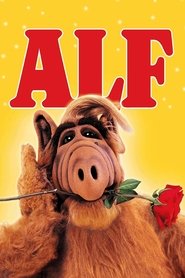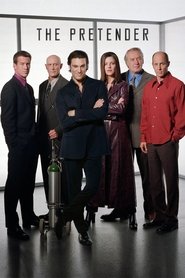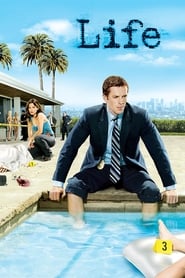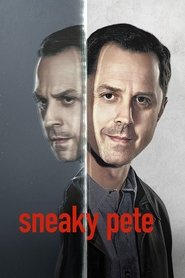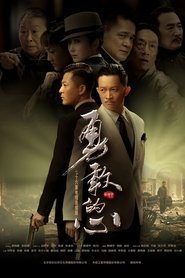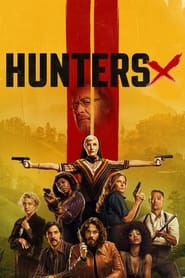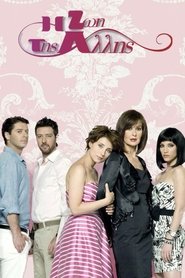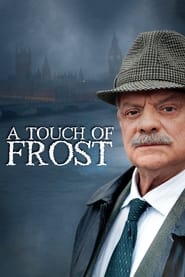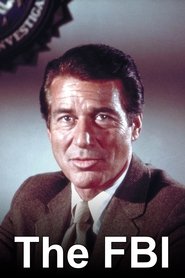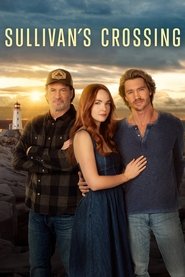Popular Drama TV Series on Tub Tv - Page 42
-
Blue Code
2017
Blue Code
2017
star 6A Czech medical television series that focuses on an emergency department. Each episode follows cases inspired by real-life stories and the cases of patients and healthcare professionals. -
ALF
1986
ALF
1986
star 7.7A furry alien wiseguy comes to live with a terran family after crashing into their garage. -
The Pretender
1996
The Pretender
1996
star 7.4Raised in a secret facility built for experimenting on children, Jarod is a genius who can master any profession and become anyone he has to be. When he realizes as an adult that he's actually a prisoner and his captors are not as benevolent as he's been told, he breaks out. While trying to find his real identity, Jarod helps those he encounters and tries to avoid the woman sent to retrieve him. -
Life
2007
Life
2007
star 7.7Complex, offbeat Detective Charlie Crews returns to the force after serving time in prison for a crime he didn’t commit. Crews’ new lease on life has provided him with a Zen-like outlook, peace of mind and no need for vengeance, an attitude which can be challenging to maintain when someone he cares about is threatened — or when he is investigating the mystery surrounding the murder he was falsely accused of. -
My Hero Academia: Vigilantes
2025
star 7.8After a life-changing incident, timid college student Koichi Haimawari accepts an offer from revered vigilante Knuckleduster to train as his protégé. -
Yellowjackets
2021
Yellowjackets
2021
star 7.5This equal parts survival epic, psychological horror story and coming-of-age drama tells the saga of a team of wildly talented high school girls soccer players who become the (un)lucky survivors of a plane crash deep in the remote northern wilderness. The series chronicles their descent from a complicated but thriving team to savage clans, while also tracking the lives they’ve attempted to piece back together nearly 25 years later. -
Shakugan no Shana
2005
Shakugan no Shana
2005
star 7.4Murdered by a demonic being, 15-year-old Yuji Sakai has his life force replaced by a flame that dims with each day. When the flame dies, no one will remember he was ever alive. This is how he meets Shana: a warrior with a burning sword, and the will of a god as her guide. The two form a bond as Yuji becomes Shana’s accomplice in her battles to keep the balance between the ordinary world and hers. -
Das Traumschiff
1981
Das Traumschiff
1981
star 4.8The series is about a cruise ship that travels to places around the world. -
Spring Fever
2026
Spring Fever
2026
star 7.8After moving to a quiet rural town to heal from past heartbreak, a withdrawn teacher slowly rediscovers warmth and joy through her unexpected connection with a rough-around-the-edges but kindhearted local man. -
The Dead Zone
2002
-
Sneaky Pete
2015
Sneaky Pete
2015
star 7.5A con man on the run from a vicious gangster takes cover from his past by assuming the identity of his prison cellmate, Pete, “reuniting” with Pete’s estranged family, a colorful, dysfunctional group that threatens to drag him into a world just as dangerous as the one he’s trying to escape - and, just maybe, give him a taste of the loving family he’s never had. -
Sherlock Holmes
1984
Sherlock Holmes
1984
star 8.1Sherlock Holmes uses his abilities to take on cases by private clients and those that the Scotland Yard are unable to solve, along with his friend Dr. Watson. -
Brave Heart
2014
-
The Kitchen
2014
The Kitchen
2014
star 4.2Spend a fun and food-filled morning in The Kitchen with hosts Sunny Anderson, Katie Lee, Jeff Mauro, Marcela Valladolid, and Geoffrey Zakarian. From simple supper ideas, food trend discussions, and family meal tips to trivia games and viewer questions, they'll cover all things fun in food. -
Hunters
2020
Hunters
2020
star 7.2A diverse band of Nazi Hunters living in 1977 New York City discover that hundreds of high ranking Nazi officials are living among us and conspiring to create a Fourth Reich in the U.S. The eclectic team of Hunters set out on a bloody quest to bring the Nazis to justice and thwart their new genocidal plans. -
A Touch of Frost
1992
A Touch of Frost
1992
star 7.5Jack Frost is a gritty, dogged and unconventional detective with sympathy for the underdog and an instinct for moral justice who attracts trouble like a magnet. Despite some animosity with his superintendent, Norman “Horn-rimmed Harry” Mullett, Frost and his ever-changing roster of assistants manage to solve cases via his clever mind, good heart, and cool touch. -
A Favorita
2008
A Favorita
2008
star 7.8Donatela and Flora, two friends who became rivals. One of them committed a homicide and pretends to be innocent. There are two versions for the same story. Who, after all, is telling the truth? Donatela or Flora? -
The F.B.I.
1965
The F.B.I.
1965
star 5.4The F.B.I. is an American television series that was broadcast on ABC from 1965 to 1974. It was sponsored by the Ford Motor Company, and the characters almost always drove Ford vehicles in the series. Alcoa was co-sponsor of Season One only. -
Sullivan's Crossing
2023
Sullivan's Crossing
2023
star 8.4After Neurosurgeon Maggie Sullivan’s personal and professional life are thrown into turmoil she returns home to Sullivan’s Crossing. While there, Maggie is forced to navigate her complicated present while confronting the painful past she has chosen to ignore for years.
 Netflix
Netflix
 Amazon Prime Video
Amazon Prime Video
 Apple iTunes
Apple iTunes
 Apple TV Plus
Apple TV Plus
 Disney Plus
Disney Plus
 Google Play Movies
Google Play Movies
 Paramount Plus
Paramount Plus
 Hulu
Hulu
 HBO Max
HBO Max
 YouTube
YouTube
 fuboTV
fuboTV
 Peacock
Peacock
 Peacock Premium
Peacock Premium
 Amazon Video
Amazon Video
 The Roku Channel
The Roku Channel
 AMC+
AMC+
 Kocowa
Kocowa
 Hoopla
Hoopla
 The CW
The CW
 Vudu
Vudu
 Starz
Starz
 Showtime
Showtime
 PBS
PBS
 Pantaflix
Pantaflix
 FXNow
FXNow
 Tubi TV
Tubi TV
 Kanopy
Kanopy
 Comedy Central
Comedy Central
 Crunchyroll
Crunchyroll
 Microsoft Store
Microsoft Store
 Redbox
Redbox
 Sun Nxt
Sun Nxt
 ABC
ABC
 DIRECTV
DIRECTV
 Crackle
Crackle
 Fandor
Fandor
 Plex
Plex

